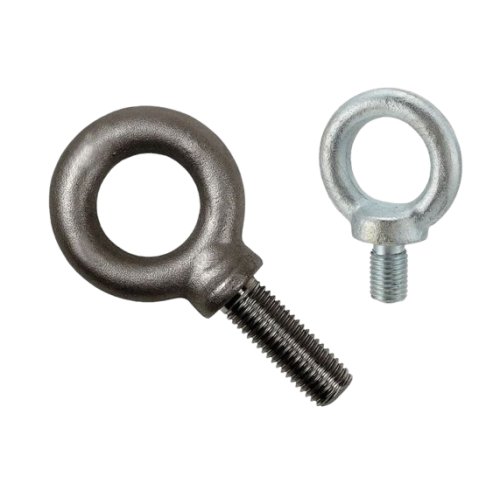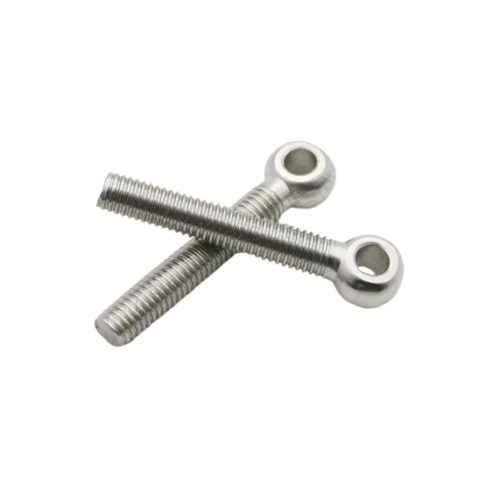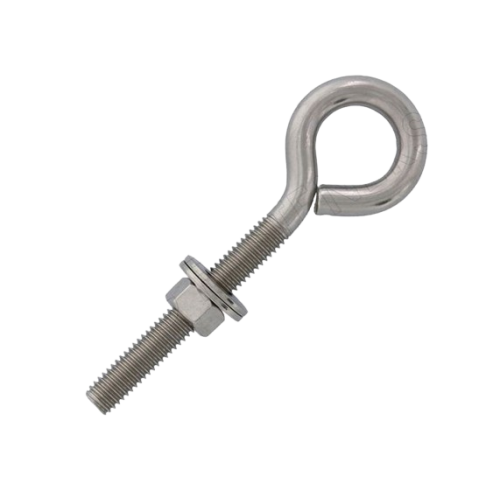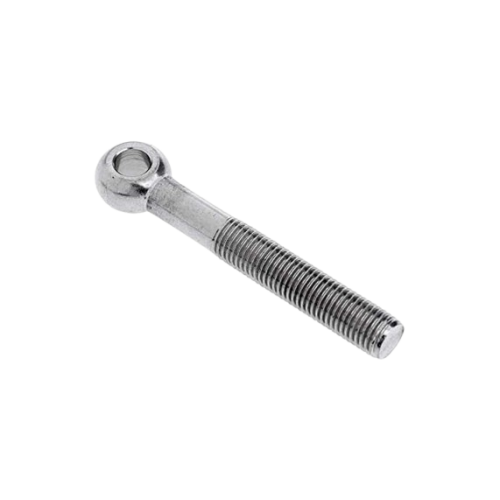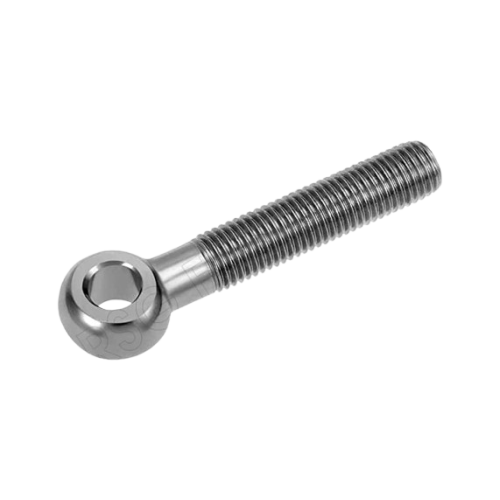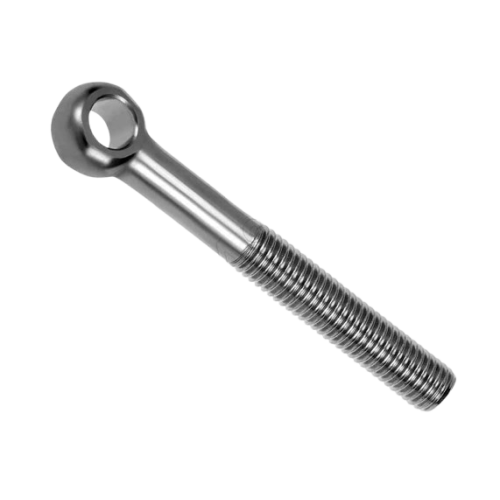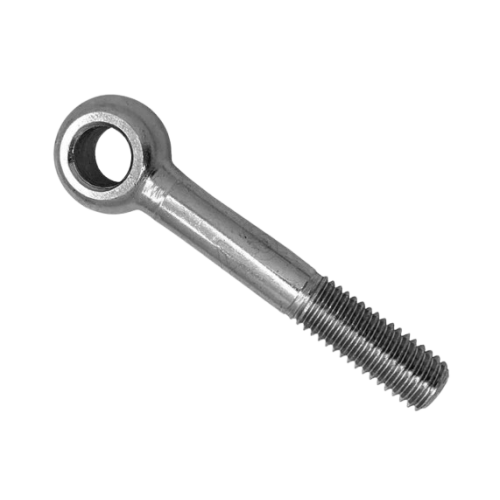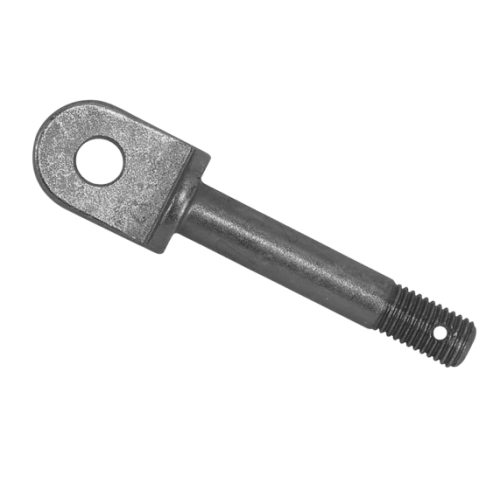Eye Bolts
An eye bolt, also known as a screw eye, is a versatile fastener that is used in a wide range of applications. This unique bolt features a circular or oval-shaped eye at one end and a threaded shank at the other. The eye is designed to accommodate a rope, cable, or other hardware, allowing for secure attachment and suspension. Eye bolts come in various sizes and materials, such as stainless steel or galvanized steel, to withstand different levels of tension and environmental conditions. They are commonly used in construction, rigging, marine, and outdoor recreational activities. Whether you need to hang a hammock in your backyard, secure heavy equipment on a construction site, or anchor a boat to a dock, an eye bolt provides a reliable and convenient solution. With proper installation and load-bearing capacity considerations, an eye bolt can offer peace of mind and ensure the safety and stability of your projects or recreational endeavors.
Bolts
|
| DIN 961 | |
|
| DIN 605 | DIN 608 |
|
|
|
|
|
|
| EN 15048 |
EN 14399 | BS 7419 | BS 7419 |
NUTS
DIN 934 | DIN 936 |
|
|
|
|
Washers
DIN 9021 | DIN 6916 |
|
|
|
|
| IS 5369 | BS 4320 |
Threaded Rods
DIN 976 | DIN 975 |
When it comes to the world of fasteners, bolts, nuts, washers, and threaded rods play a crucial role in holding structures together. Each of these components has its own unique technical specifications that determine its suitability for different applications. Let's start with bolts. Bolts are typically made of steel and come in various sizes and grades, such as Grade 5 or Grade 8, which indicate their tensile strength. Nuts, on the other hand, are threaded fasteners that complement bolts. They also come in different sizes and types, including hex nuts, lock nuts, and wing nuts, each serving a specific purpose. Washers, often overlooked, provide a flat surface between the bolt head or nut and the material being fastened, distributing the load and preventing damage. Lastly, threaded rods are long, cylindrical fasteners with threads along their entire length, allowing for easy adjustment and assembly. These components may seem simple, but their precise technical specifications ensure the safety and stability of countless structures, from construction projects to industrial machinery.



